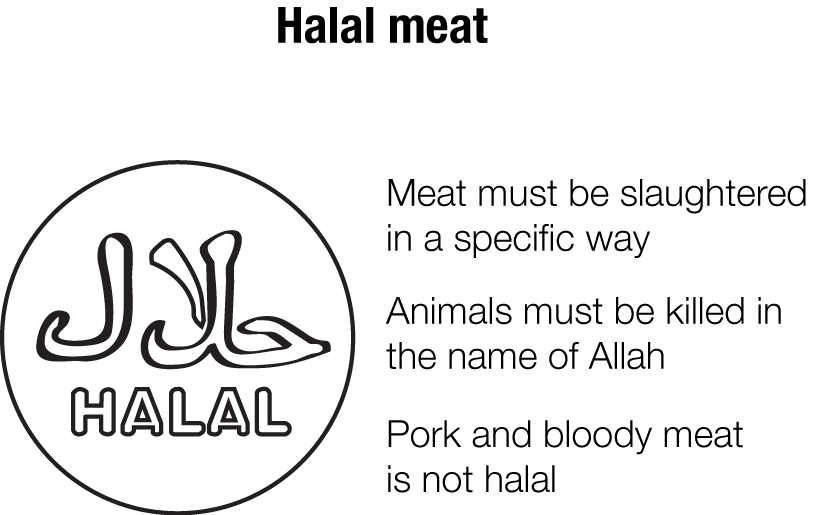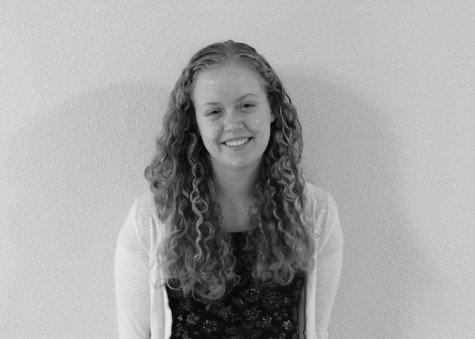U of M should provide students on food plans with compatible meals
University needs to have food adhering to religious guidelines
November 13, 2014
The University of Minnesota is currently considering creating a new food program to accommodate Muslim students who follow the halal food guidelines. Over 13 students spoke directly to the Star Tribune and Minnesota Public Radio about the lack of halal food and the compromises they’ve had to make because of it.
Islam is a major religious demographic at the University and yet compatible food is not provided to them. When a student is on a food plan, the university should be responsible for providing that student with meals that meet their needs. Universities should not be punishing students for adhering to chosen religious guidelines. Instead, they should be celebrating their diversity.
In 2012 at the University of Chicago, Muslim students worked with the kitchen staff to create permanent halal food stations. Dining services have also started similar programs at Stanford, Princeton, University of California-Berkeley and many others.
However, the hesitation of the administration to jump head first into a halal program is understandable. It would involve new equipment and a separate preparation area and it would not be cheap or come easily. However, there is a clear demand.
The college world is very competitive and every university wants to claim an award for being diverse. The problem schools run into is when their services and programs don’t line up with the amount of diversity they’re aiming for. In order to attract Muslim students, a university has to have services meeting those students’ food needs. The lack of halal options could be the reason a Muslim student decides not to apply.
Halal foods are also not regularly provided at high schools. This is more understandable because they do not have the same level of responsibility as universities do when it comes to students’ food options. However, kitchen staff should be aware of what halal entails so that they are able to support the students who follow it.
I keep kosher. I am constantly bombarded by strange looks and confused glances at every restaurant I go to. Once, at a summer camp in elementary school, my parents told the dining hall about my restrictions. It didn’t seem to make a difference, though, as dinner was always food I couldn’t eat. When I asked for something different, I was turned away every time. I know what it feels like to go to bed hungry because food was not provided to me, and I know what it feels like to make sacrifices in order to eat at all.
Universities are responsible for providing the meals of students on food plans. If Muslim students on those food plans are not receiving food they can eat, they are not being provided for. Their religious freedom is being violated and the University will soon fall behind other universities that have already picked up the baton.





